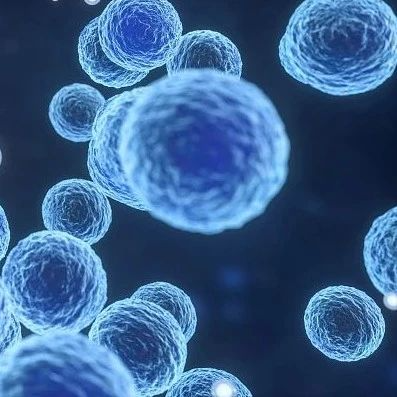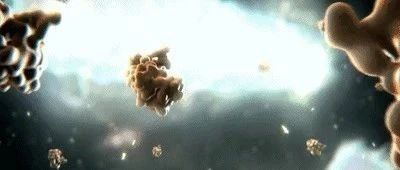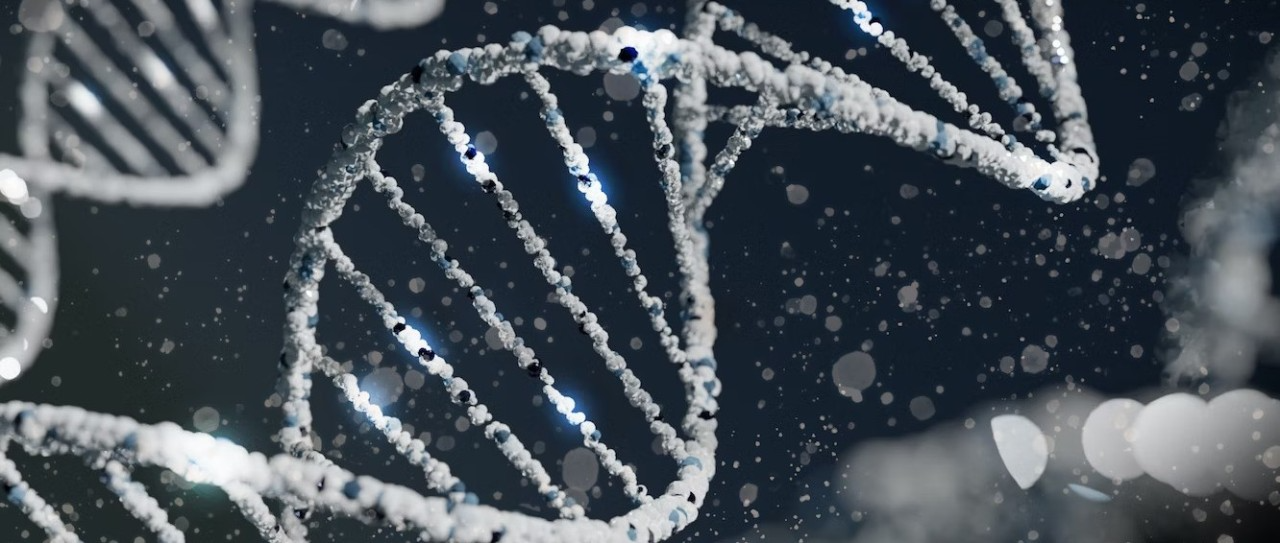
HIV病毒遗传改造后提高抗癌药物的疗效
艾滋病是威胁人类健康的一大杀手,让其“弃暗投明”帮助科学家对抗癌症,听起来似乎是件完全不可能的事情。据每日科学网8月29日报道,法国国家科学研究院(CNRS)的科学家日前就独辟蹊径,让其成为了现实。
利用艾滋病病毒(HIV)的复制机制,该机构的研究人员已经培育出了一种突变体蛋白。该物质能极大提高抗癌药物的功效,在与抗癌药物联合使用时,药物剂量减至先前的1/300即可达到同样的疗效。相关论文发表在8月23日出版的《公共科学图书馆•遗传学》上。该发现有望在癌症和其他疾病的治疗中发挥重要作用。
HIV通过大量复制病毒将自己的遗传物质插入宿主细胞的方式来进行繁殖。其显著特征是,HIV通过不断发生变异并产生多种不同突变蛋白(突变体)来进行繁殖,这种特性使其能够在复杂多变的环境中生存。迄今为止,还没有任何一种药物能够将其彻底杀灭。
HIV病毒用于改善抗癌药物的疗效
法国国家科学研究院的科学家反其道而行之,提出了使用HIV的策略来治疗其他疾病,尤其是癌症的设想。
为了验证这一想法,他们首先通过向HIV基因中插入一种人类基因对其进行改造。这种基因能够促成脱氧胞苷激酶(dCK)的产生。脱氧胞苷激酶是催化抗病毒和抗肿瘤药物在人体内合成其单磷酸盐的关键酶,是激活抗肿瘤药物的关键所在。不少病毒或癌细胞对药物的抗药性都与人体细胞内脱氧胞苷激酶的失活相关。因此,近几年来全世界的科学家们一直试图通过增加脱氧胞苷激酶的活性、提高其效率的方式实现对肿瘤的抑制。
根据HIV的繁殖方式,该研究团队建立一个包括近80个艾滋病病毒突变的突变体库,并结合抗癌药物对其进行实验以确定其功效。结果发现,这些突变体在识别脱氧胞苷激酶方面比传统的未变异蛋白更有效。当抗癌药物与这些突变体蛋白联合使用时,在剂量上只需原先的1/300即可达到同样的疗效。
这种方法不但能够降低大剂量抗癌药物在使用时所有可能产生的副作用,还能极大地提高效率。下一步,研究人员还将在动物实验中对单独的突变体蛋白进行测试。研究人员称,除治疗癌症外,类似的疗法在抗病毒治疗中也具有一定潜力。

 Retrovolution: HIV–Driven Evolution of Cellular Genes and Improvement of Anticancer Drug
Retrovolution: HIV–Driven Evolution of Cellular Genes and Improvement of Anticancer Drug
Paola Rossolillo, Flore Winter, Etienne Simon-Loriere,, Sarah Gallois-Montbrun,,, Matteo Negroni
In evolution strategies aimed at isolating molecules with new functions, screening for the desired phenotype is generally performed in vitro or in bacteria. When the final goal of the strategy is the modification of the human cell, the mutants selected with these preliminary screenings may fail to confer the desired phenotype, due to the complex networks that regulate gene expression in higher eukaryotes. We developed a system where, by mimicking successive infection cycles with HIV-1 derived vectors containing the gene target of the evolution in their genome, libraries of gene mutants are generated in the human cell, where they can be directly screened. As a proof of concept we created a library of mutants of the human deoxycytidine kinase (dCK) gene, involved in the activation of nucleoside analogues used in cancer treatment, with the aim of isolating a variant sensitizing cancer cells to the chemotherapy compound Gemcitabine, to be used in gene therapy for anti-cancer approaches or as a poorly immunogenic negative selection marker for cell transplantation approaches. We describe the isolation of a dCK mutant, G12, inducing a 300-fold sensitization to Gemcitabine in cells originally resistant to the prodrug (Messa 10K), an effect 60 times stronger than the one induced by the wt enzyme. The phenotype is observed in different tumour cell lines irrespective of the insertion site of the transgene and is due to a change in specificity of the mutated kinase in favour of the nucleoside analogue. The mutations characterizing G12 are distant from the active site of the enzyme and are unpredictable on a rational basis, fully validating the pragmatic approach followed. Besides the potential interest of the G12 dCK variant for therapeutic purposes, the methodology developed is of interest for a large panel of applications in biotechnology and basic research.
文献链接:Retrovolution: HIV–Driven Evolution of Cellular Genes and Improvement of Anticancer Drug







